Mayim Bialik Wasn't Like the Other Girls...and That's What Defined Her
The actress talks growing up different in an essay for MarieClaire.com.
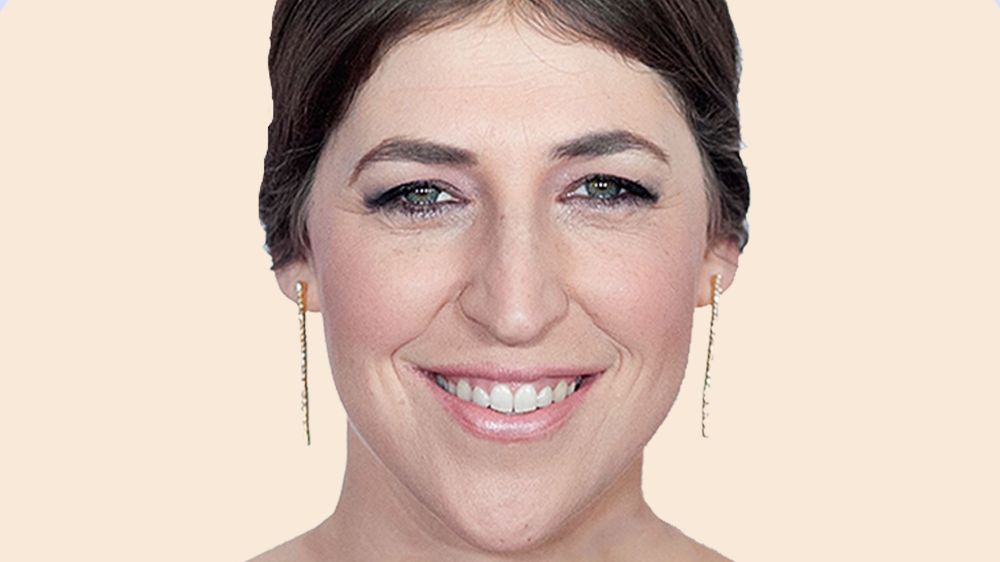
I was weird. I knew it. And not just because they called me weirdo. But I knew there was something—many things; possibly every thing about me that was different from other girls. And other boys, a lot of the time.
I know a lot of people have the perception that they are different and I don't begrudge anyone their specialness, but I was most certainly certifiably different in many distinguishing ways. A few samples of my…uniqueness:
4 years old: I'm the only girl in my kindergarten class to declare that I want to be a doctor—not a nurse. A doctor.
5 years old: My mother dresses me in liederhosen, knee high wool socks, a flannel shirt, and my brother's hand-me-down sneakers. Then she does my hair in Princess Leia braids. This feels like a totally normal outfit for me.
9 years old: Children in the "special ed" class at my elementary school are routinely picked on, teased, and harassed at the public school I attend. I take it upon myself to befriend a severely developmentally disabled boy named Donald, who may not even understand why I physically put myself between his would-be harassers and him at recess and lunch.
10 years old: I cry for the first birthday of my life. My mortality is critically evident and I don't want to get older. (I have cried for the 31 birthdays since then for the same reason.)
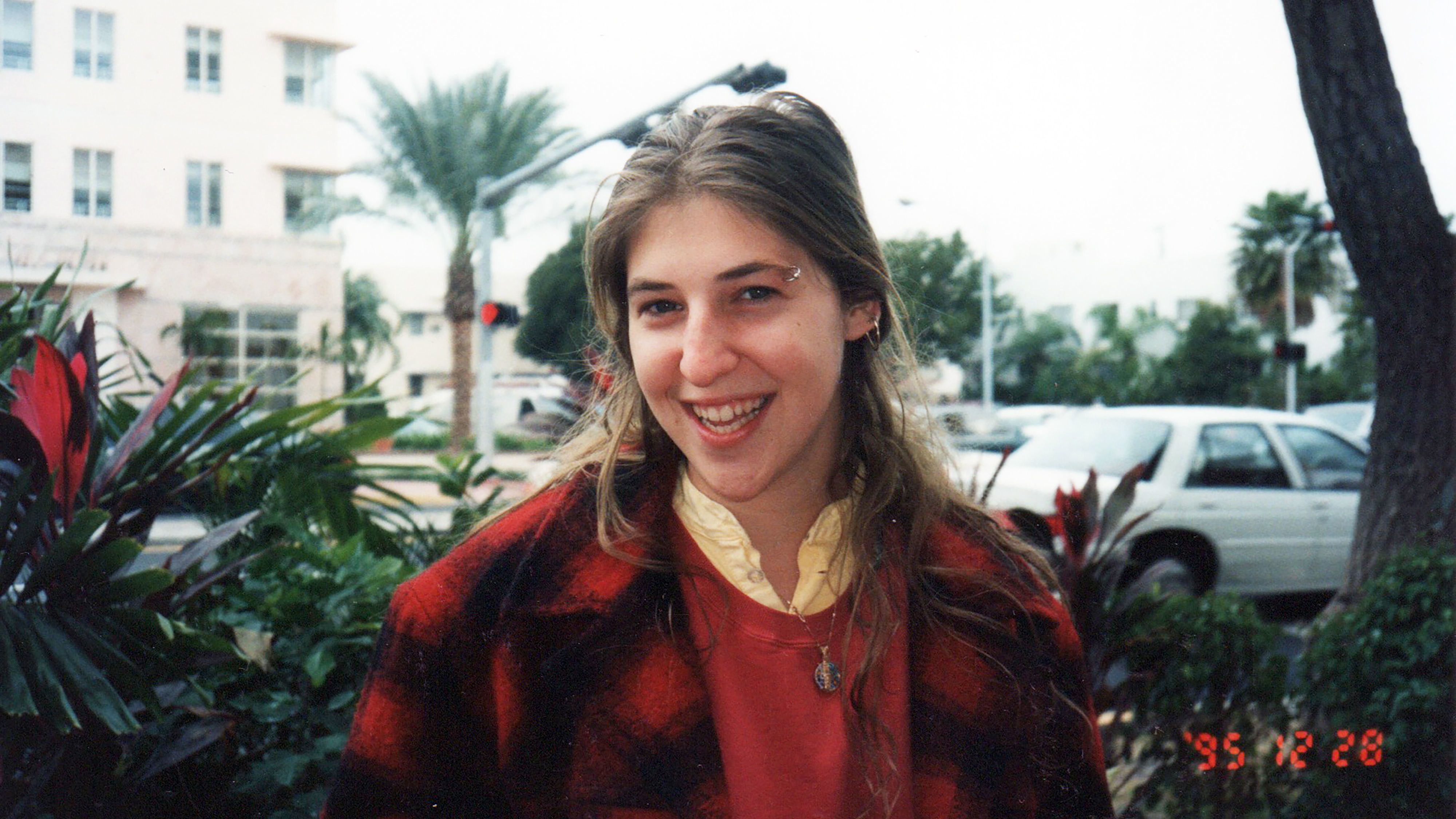
14 years old: I sleep with five 8-inch long rubber fish, rubber-banded together at the tails. Exactly what I just said.
Stay In The Know
Get exclusive access to fashion and beauty trends, hot-off-the-press celebrity news, and more.
16 years old: I decide that the patriarchy and capitalism are the source of all of my discontent. I take to reading Ayn Rand, Sartre, and Dostoevsky, and listening to dark music of the goth variety. Black lipstick follows. And lots of piercings.
17 years old: I don't like the boys the other girls like. I don't want to act dumb so boys will like me. I want to find someone who looks and thinks like Elvis Costello. I want to live anywhere other than this country; I want to go where I'm not the only one who doesn't shave my legs and armpits. I want to go where it's not weird to like sports cars and comic books and veganism.
"Weird girls, girls who may be cast out and misunderstood—we have the same fears, desires, and dreams that other girls have."
All of these things combined to make me feel so separate from others. I was separate from others. I know that there are some people like me who found others like me, and I definitely had a few friends I connected well with for whom I am very grateful. But. But. But. The fact remains that I have felt out of sorts among other girls and women my entire life. Now that I've been given two small men to care for; I like to say God was afraid of how I might raise a daughter so I was given two sons!
It is this sense of other-ness and separateness that led me to write about my experience in Girling Up. I wanted to use my science background and life experience to tell two distinct groups of young women what it's like to be me. The first group is the girls who might be like me: the girls who don't want to dress like the trends tell them to; the girls who want their hair dyed colors everyone thinks are weird; the girls who don't fit in.
But the second group of young women is girls who are not like me. I wanted them to hear about the variety of the experiences that I had as proof that we don't all have to be the same. Weird girls: girls who may be cast out and misunderstood—we have the same fears, desires, and dreams that other girls have.
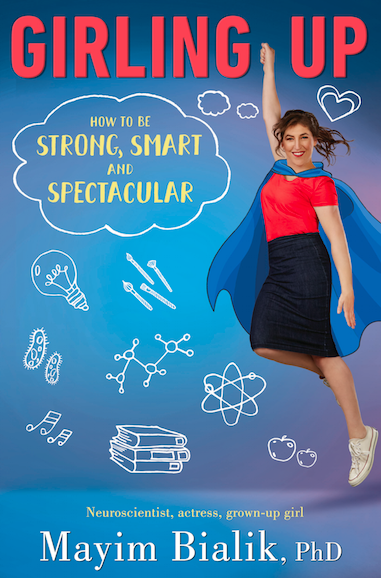
We all want to be part of something. We all want to connect. We all experience the things I chose to tackle in this book. We all are females for the same reason: two X chromosomes. We all go through a hormonal shift. We all need to feed our bodies and go to school. We all experience relationships of emotional and romantic intimacy. We all find ways to spend our time and make decisions about our lives and our path. And we all experience sadness, anxiety, loss, grief, and challenges that we need tools to cope with.
As a woman, I still struggle with being different. I have found more people like me as I have matured, and the things that used to really feel painful about being different are not as painful now. I have perspective. I have life experience that has shown me that I can be okay despite being so different. And I have built a career and a public platform around being authentically me: weird, independent, and unafraid to be afraid.
We don't all have to be the same. But we also don't need to see ourselves as so very different. Both sides of the coin just need understand the other side a bit better. That doesn't sound so weird, now, does it?
Girling Up: How to Be Strong, Smart and Spectacular hits shelves May 9. Buy it here.
Follow Marie Claire on Facebook for the latest celeb news, beauty tips, fascinating reads, livestream video, and more.
-
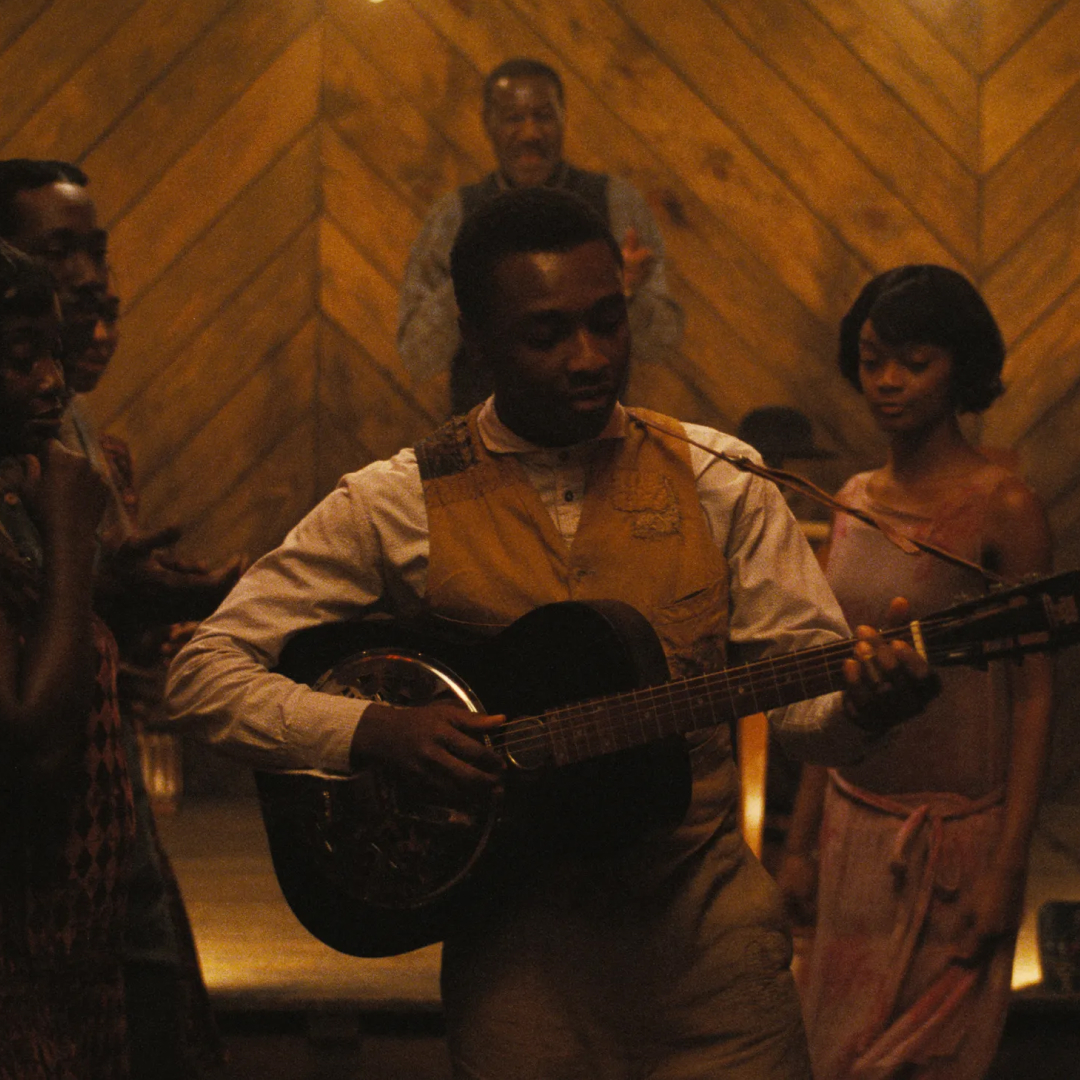 In 'Sinners,' Music From the Past Liberates Us From the Present
In 'Sinners,' Music From the Past Liberates Us From the PresentIn its musical moments, Ryan Coogler's vampire blockbuster makes a powerful statement about Black culture, ancestry, and art.
By Quinci LeGardye
-
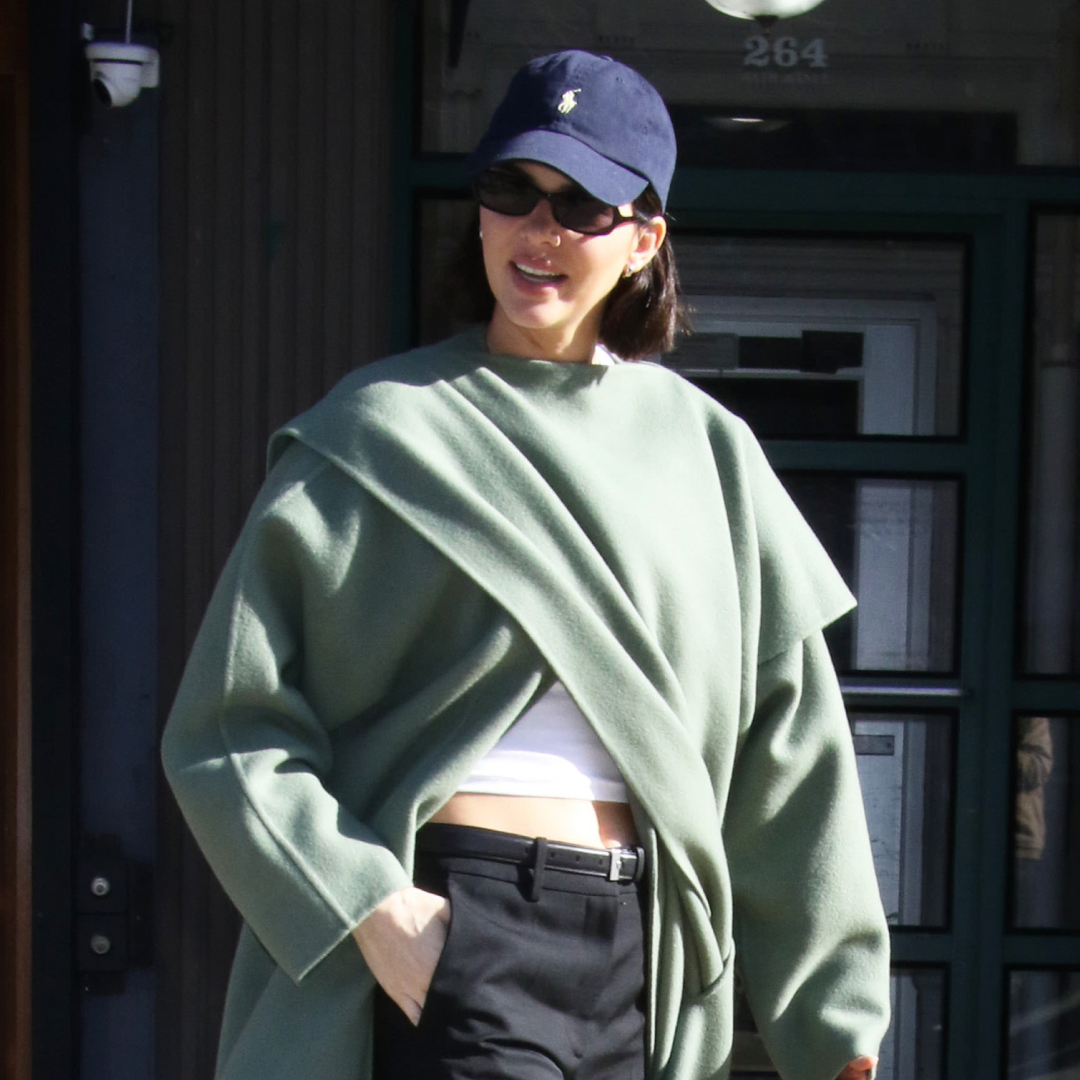 Kendall Jenner Has the Last Word on the Best Travel Shoes
Kendall Jenner Has the Last Word on the Best Travel ShoesLeave your ballet flats in your checked bag.
By Halie LeSavage
-
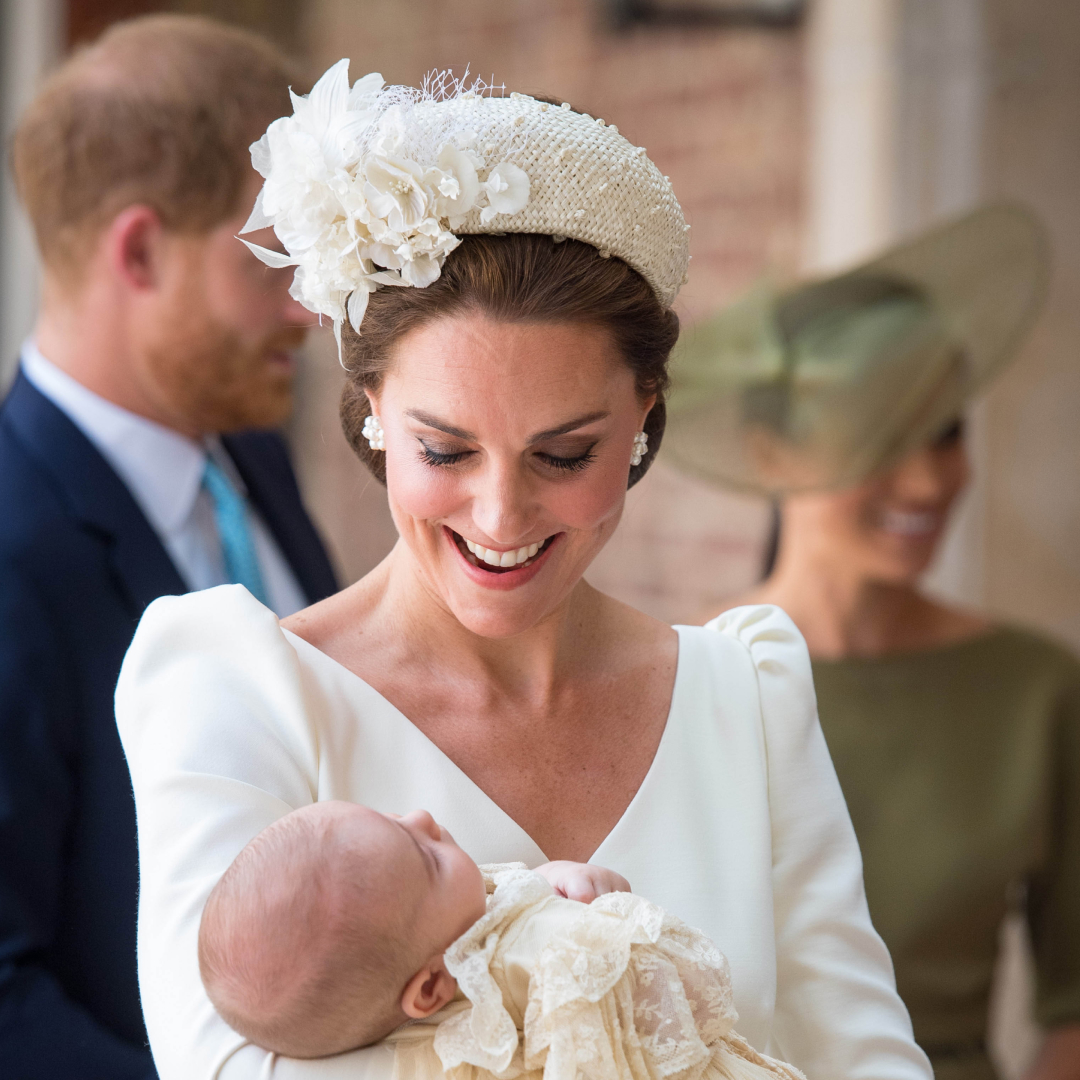 Prince Harry Gave Nephew Prince Louis an Extremely Rare Five-Figure Gift for His Christening
Prince Harry Gave Nephew Prince Louis an Extremely Rare Five-Figure Gift for His ChristeningUncle Harry for the gifting win.
By Kristin Contino
-
 Eva Mendes and Ryan Gosling Introduce the "Newest Member" of Their Family
Eva Mendes and Ryan Gosling Introduce the "Newest Member" of Their Family"I'm crazy about her and excited to share life."
By Amy Mackelden
-
 Jennifer Garner Is Reportedly Ready to Cut Ties With Jennifer Lopez, Unless Their Kids Are Involved
Jennifer Garner Is Reportedly Ready to Cut Ties With Jennifer Lopez, Unless Their Kids Are Involved"Her friends feel she shouldn't have allowed herself to get so involved."
By Amy Mackelden
-
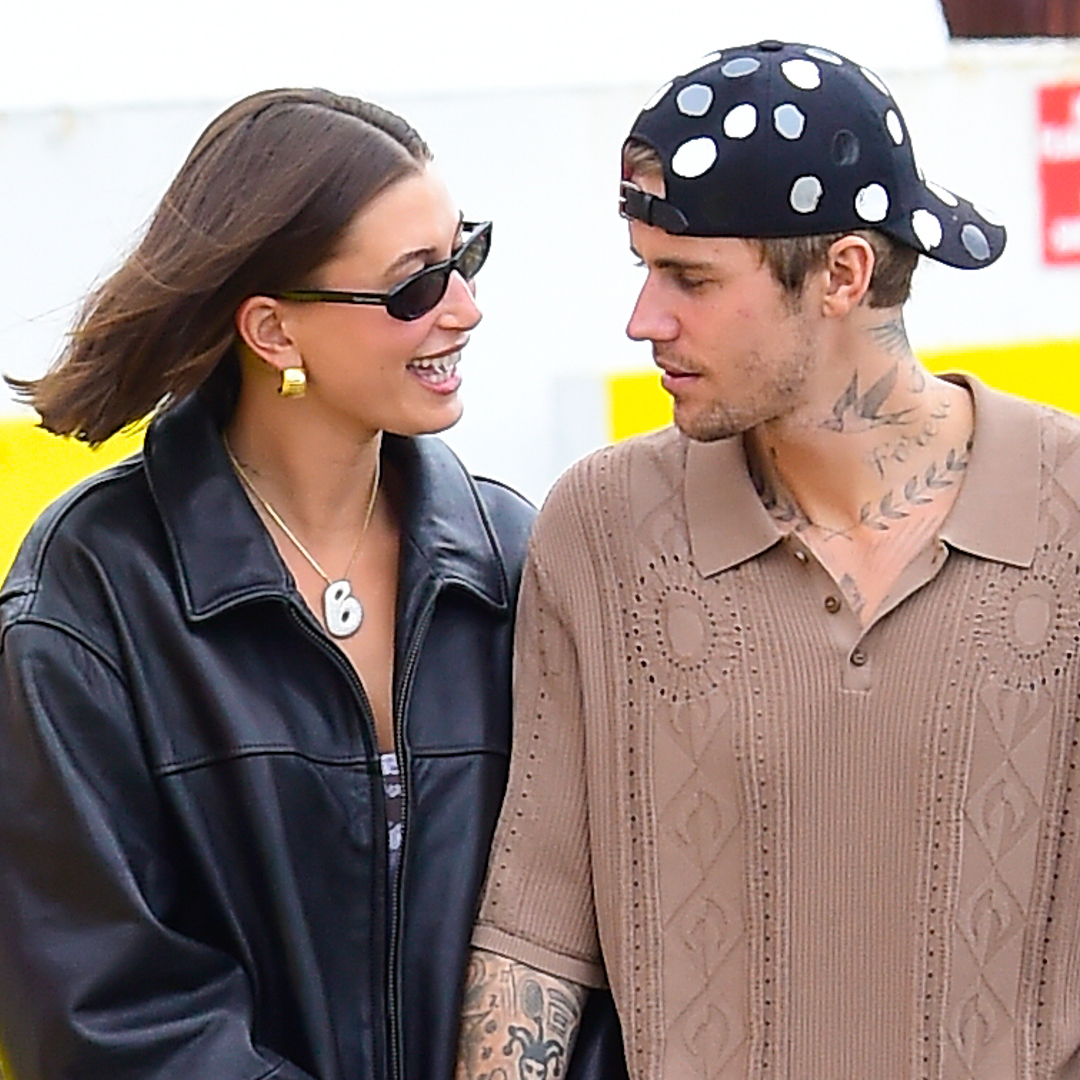 Hailey Bieber Shares Her First Photo of Baby Son Jack Blues Since Giving Birth—See the Sweet Shot
Hailey Bieber Shares Her First Photo of Baby Son Jack Blues Since Giving Birth—See the Sweet ShotSo freaking cute.
By Quinci LeGardye
-
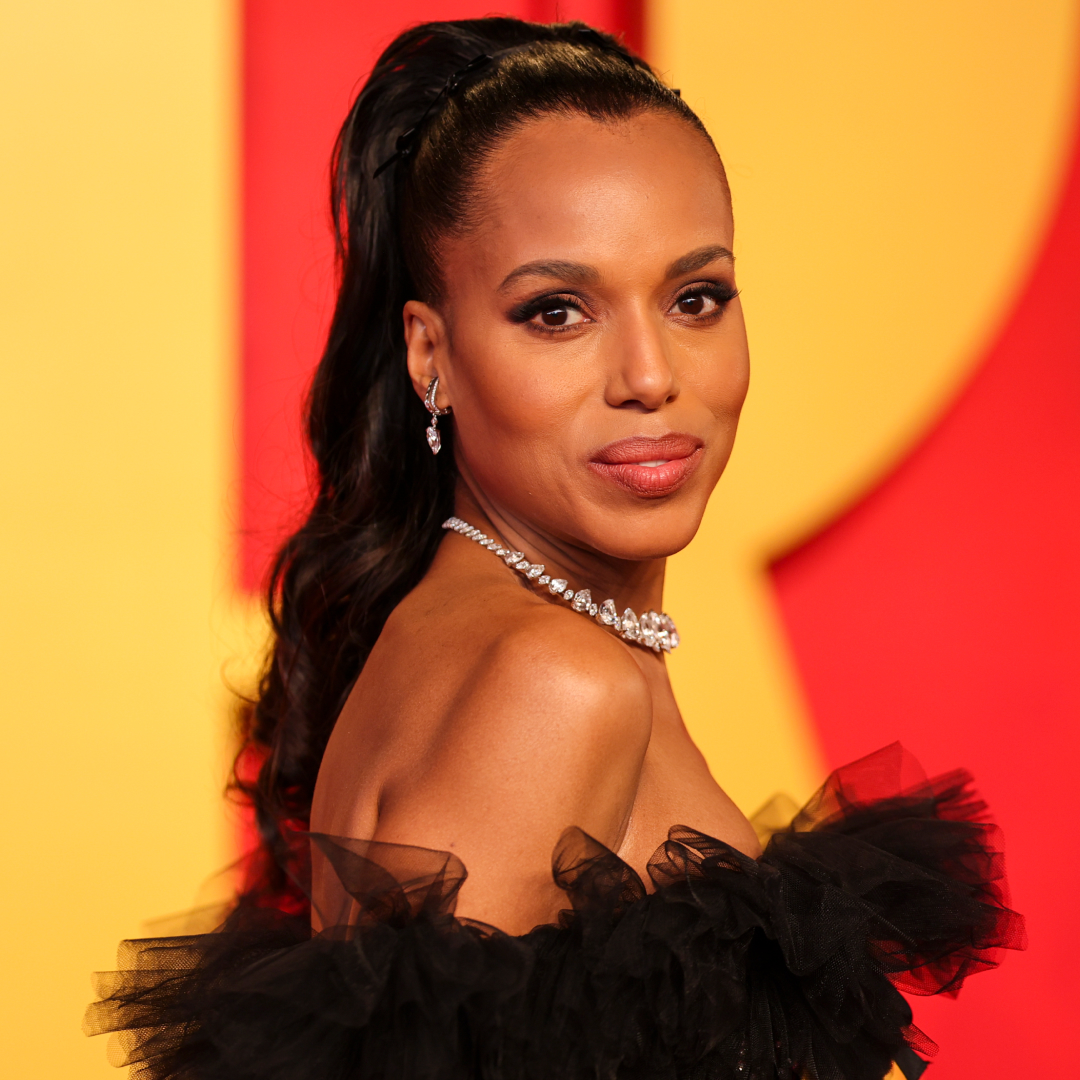 Actors Who Are Nothing Like Their Most Iconic Characters
Actors Who Are Nothing Like Their Most Iconic CharactersTalk about awards-worthy, transformative performances.
By Katherine J. Igoe
-
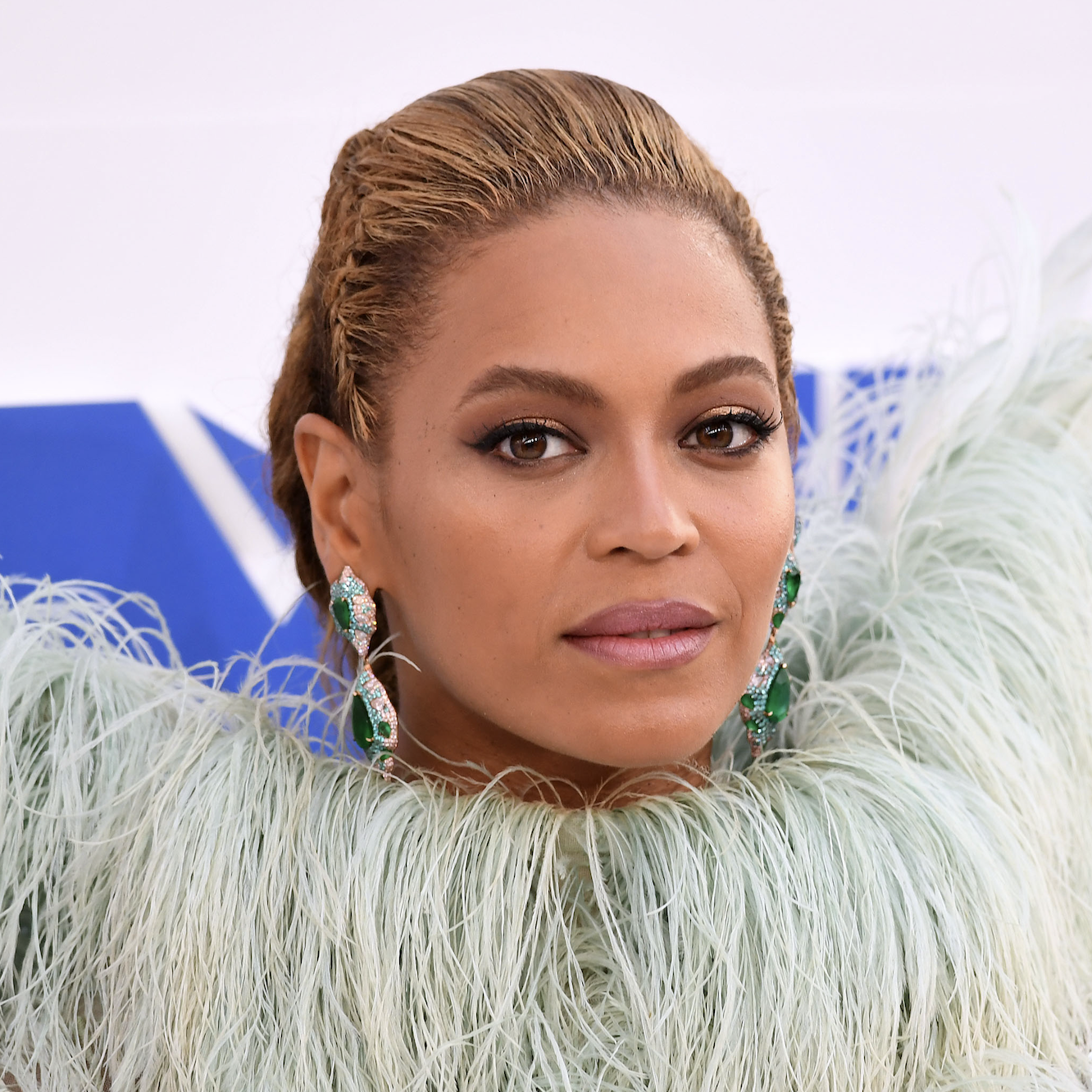 The Question on Everyone's Lips: Did Beyoncé Skip the 2024 MTV VMAs?
The Question on Everyone's Lips: Did Beyoncé Skip the 2024 MTV VMAs?It's been a few years since she last graced the carpet with her presence.
By Kelsey Stiegman
-
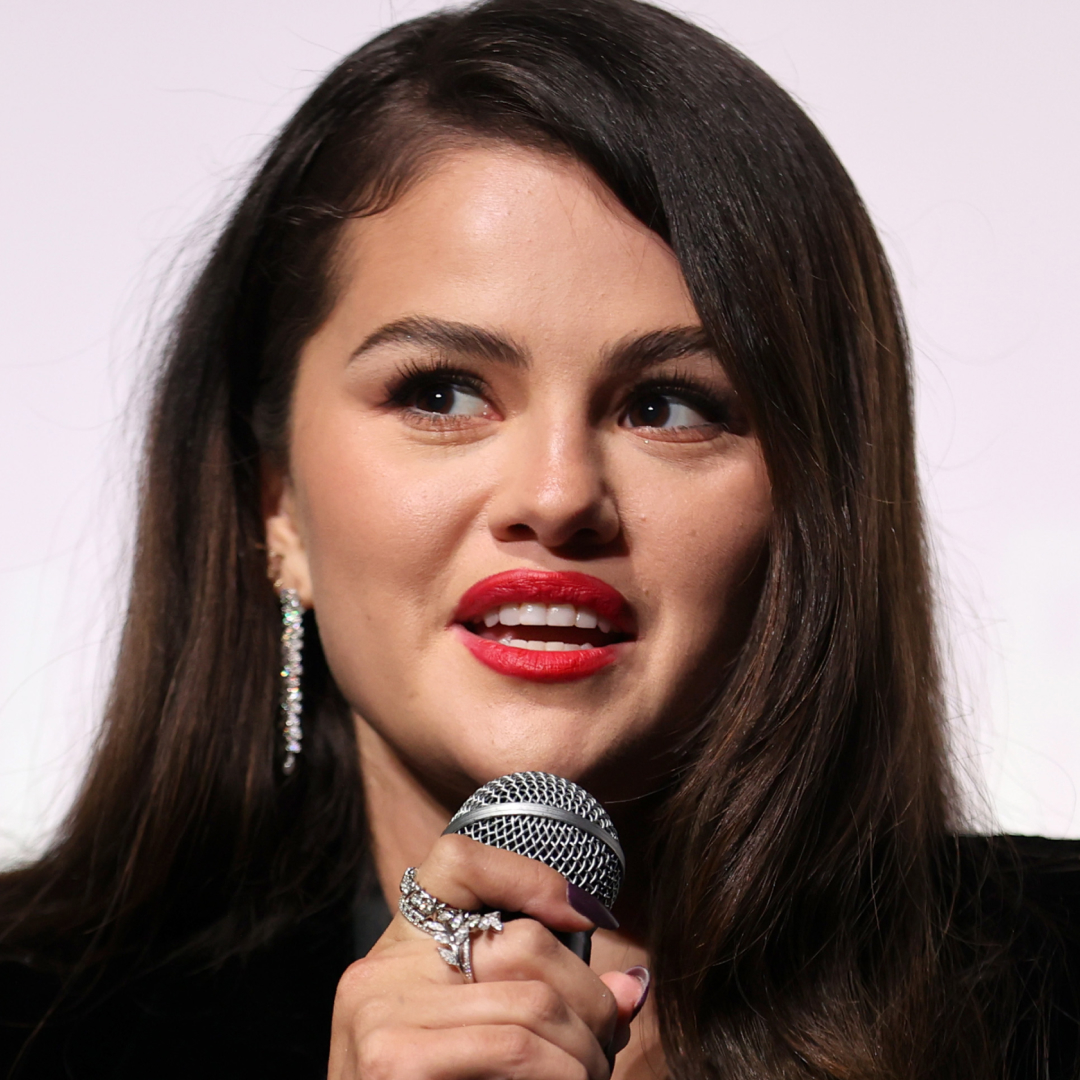 Why Isn't Selena Gomez at the 2024 VMAs?
Why Isn't Selena Gomez at the 2024 VMAs?Her absence became even more noticeable after her bestie Taylor Swift showed up.
By Hanna Lustig
-
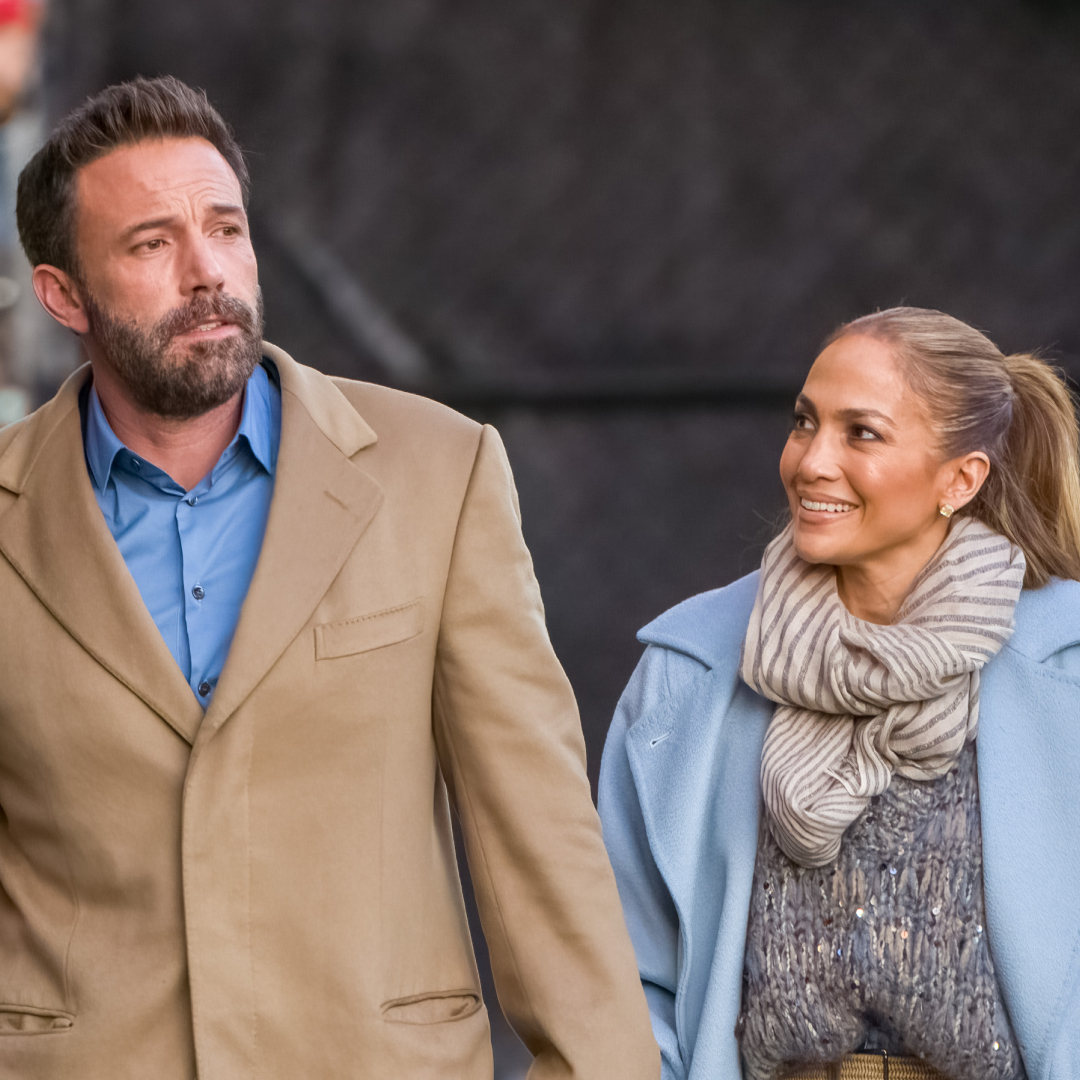 Jennifer Lopez Thought Ben Affleck Was a "Changed Man" But Being Married to Him Was "Impossible"
Jennifer Lopez Thought Ben Affleck Was a "Changed Man" But Being Married to Him Was "Impossible""Friends think he is selfish, sullen, impossible to please most of the time and negative."
By Amy Mackelden
-
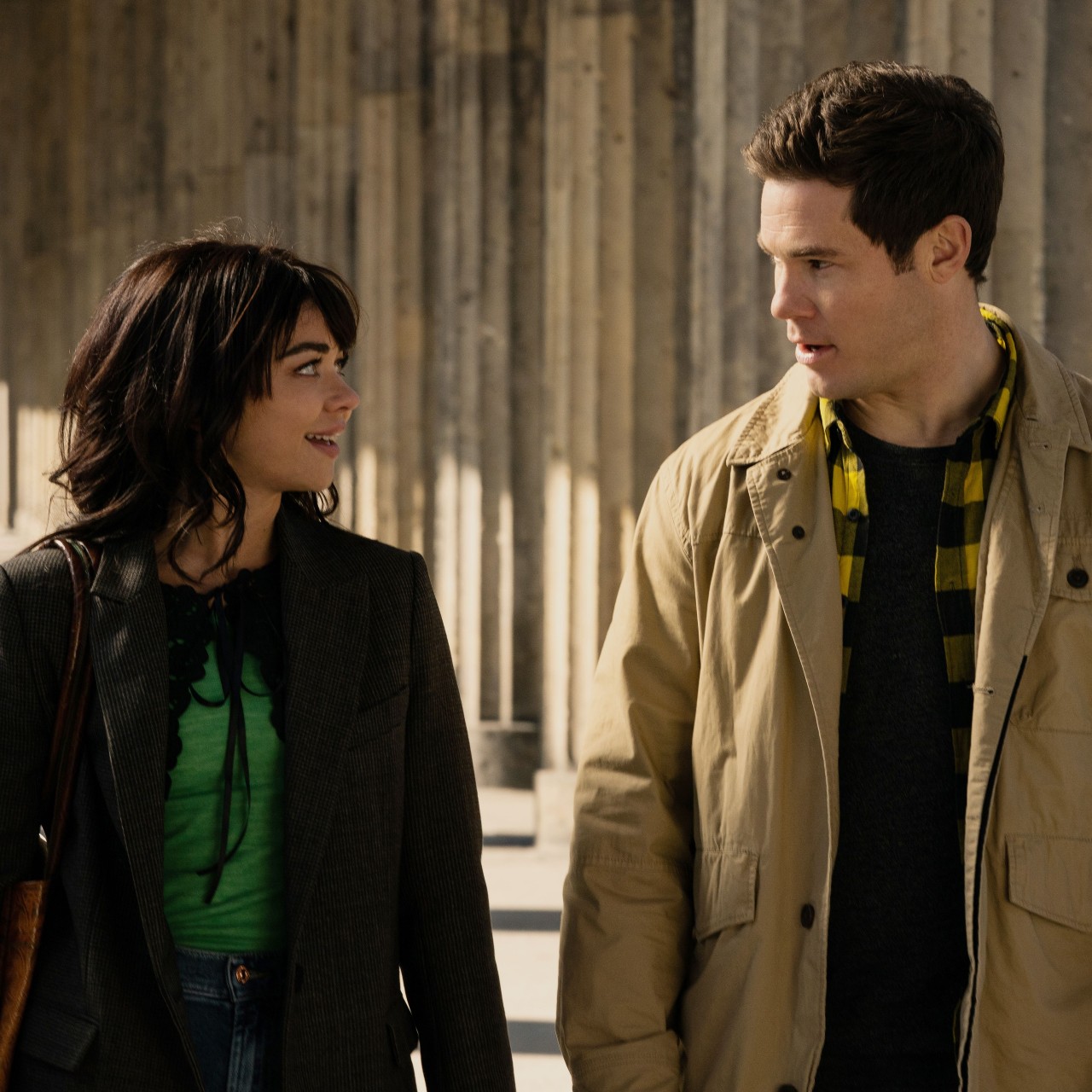 Sarah Hyland and Adam Devine Play 'How Well Do You Know Your Co-Star?'
Sarah Hyland and Adam Devine Play 'How Well Do You Know Your Co-Star?'The 'Modern Family' stars reunited for the 'Pitch Perfect' spinoff series.
By Brooke Knappenberger